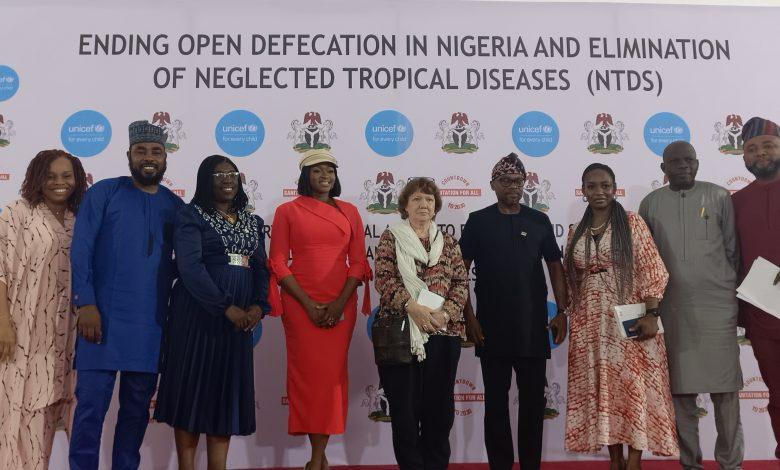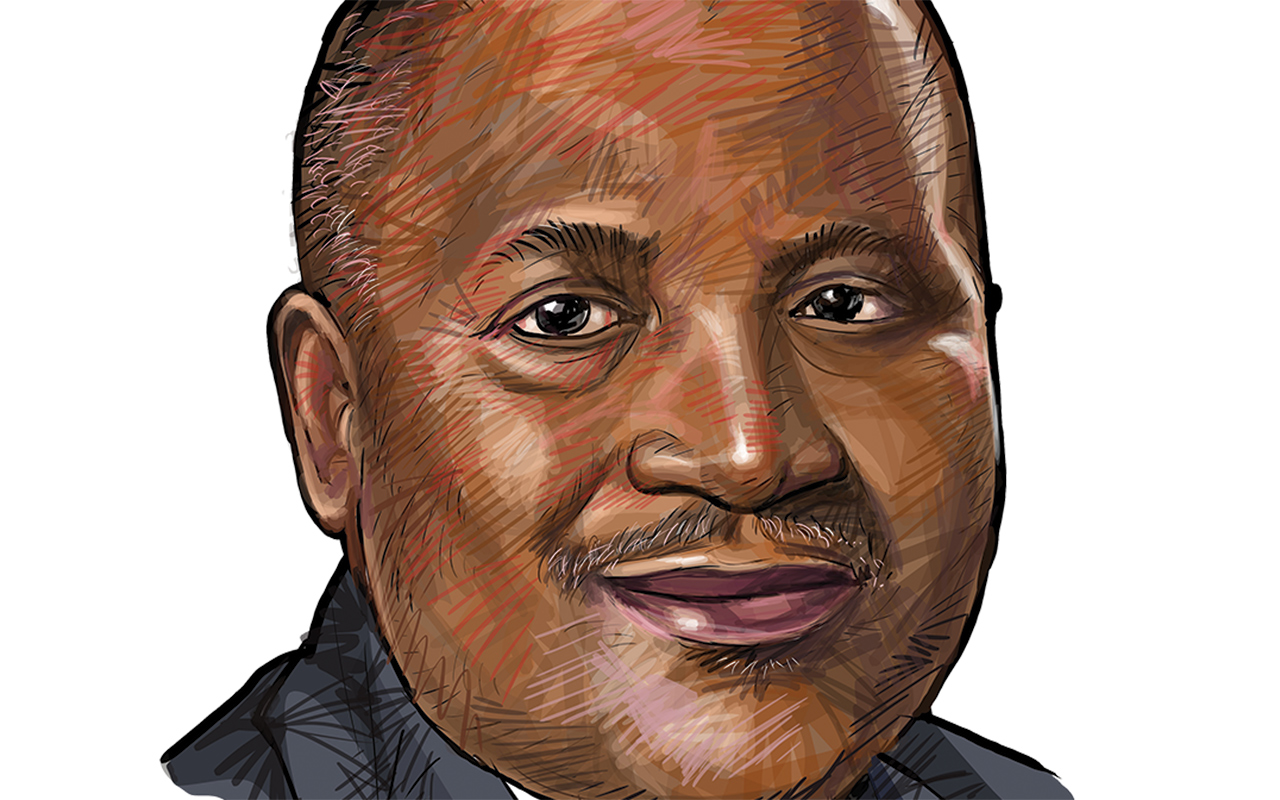
Over 200 million citizens at risk of contracting Neglected Tropical Diseases
For Nigeria to be Open Defecation Free (ODF) by year 2030, issues of funding, behavioural change, provision and maintenance of public facilities, as well as awareness creation must be given priority attention.
If this is achieved, Neglected Tropical Diseases (NTDs) are eliminated and the country stands to gain $18.9 billion.
These formed part of the position of experts and stakeholders at a two-day media dialogue on “Ending Open Defecation in Nigeria and the Elimination of Neglected Tropical Diseases.”
The dialogue, which was organised by Oyo Rural Water Supply and Sanitation Agency in collaboration with the United Nations Children’s Fund (UNICEF), drew journalists from Southwest states, officials from the Federal Ministry of Water Resources and Sanitation, and stakeholders from the private sector, took place in Lekki, Lagos.
UNICEF Chief of Water, Sanitation, and Hygiene (WASH), Jane Bevan, called for collaboration among stakeholders to tackle the menace of open defecation in Nigeria.
Bevan lamented that open defecation poses significant health threats, which results in unnecessary deaths occasioned by NTDs.
While restating the agency’s readiness to collaborate with government and development partners to tackle the scourge, Bevan stressed the need to implement simple preventive measures to enhance WASH practices.
She emphasised that proper hygiene was imperative to ending open defecation, adding that a strong political will would be needed to end the scourge.
Bevan said: ‘’We all need political will to tackle open defecation. We need to make it real and make washing our hands a priority. This is what the media needs to do so that we can put an end to open defecation.’’
The UNICEF Chief noted that many of the NTDs are transmitted through poor sanitation, adding that unless we all practice safe sanitation and hygiene, people are at risk of getting more NTDs.
Bevan said practicing hand washing is perhaps, the most affordable immunisation that all Nigerians, including children, can receive that will actually assist to save lives and avoid some of these diseases
Already, she noted that the collaboration with government has yielded positive results, with 126 out of the 774 local government areas now certified as open defecation free.
Giving an overview of the nation’s sanitation landscape, the Coordinator of the Clean Nigeria Campaign, Chizoma Opara, noted that only 46 per cent of the population has access to basic sanitation services.
Opara, who is from the Federal Ministry of Water Resources and Sanitation, said the country is off track in achieving the ODF 2030 target of providing every Nigerian with access to hygiene facilities.
She emphasised the need for awareness creation through the “Clean Nigeria: Use the Toilet” campaign to reduce NTDs, while urging the media to give adequate publicity to the campaign.
On his part, UNICEF WASH Specialist, Monday Johnson, disclosed that Nigeria has the highest burden of NTDs in Africa, with more than 200 million people at risk of at least one of the diseases.
Johnson noted that NTDs and poor access to WASH contribute to a vicious cycle of poverty and disease, leading to catastrophic health expenses and reduced economic productivity. He identified use of toilets, avoiding the pollution of open water sources, provision and maintenance of sanitation facilities, hand washing at critical times, and food hygiene, among others, as some of the behavioural changes to prevent NTDs. A private sector operator and one of the discussants at the event, Dapo Otunla, emphasised the importance of awareness creation and the need for development partners to support the campaign by providing WASH facilities to rural dwellers.
A Senior Director of Investor Relations and Sustainability with The End Fund, Oyetola Oduyemi, sought the involvement of more stakeholders in the campaign, and harped on behavioural change from the citizenry.
She disclosed that Nigeria stands to gain $18.9bn by 2030 if NTDs are eliminated and urged individuals to practice good hygiene.
Sanitation and Hygiene Manager with the Water In Nigeria for Lagos programme, Dare Oduluyi, called for clear rules and policies by the government that would enhance private sector participation in the campaign against open defecation.
The policy, he noted, would provide an avenue for the private sector to have an enabling environment to invest in open defecation solutions.
“As sanitation workers, we will present to the private sector the magnitude of the problem, the huge market in the sector; prospects, and opportunities. Once they see the opportunity, they will know how to turn it around innovatively,” he said.






